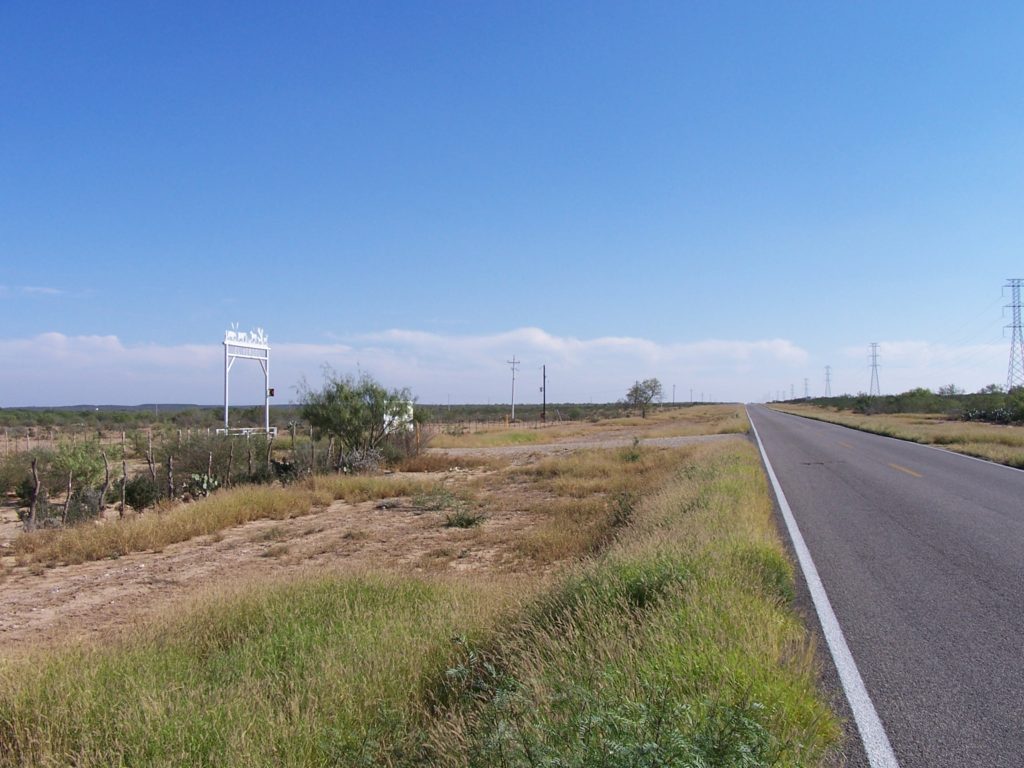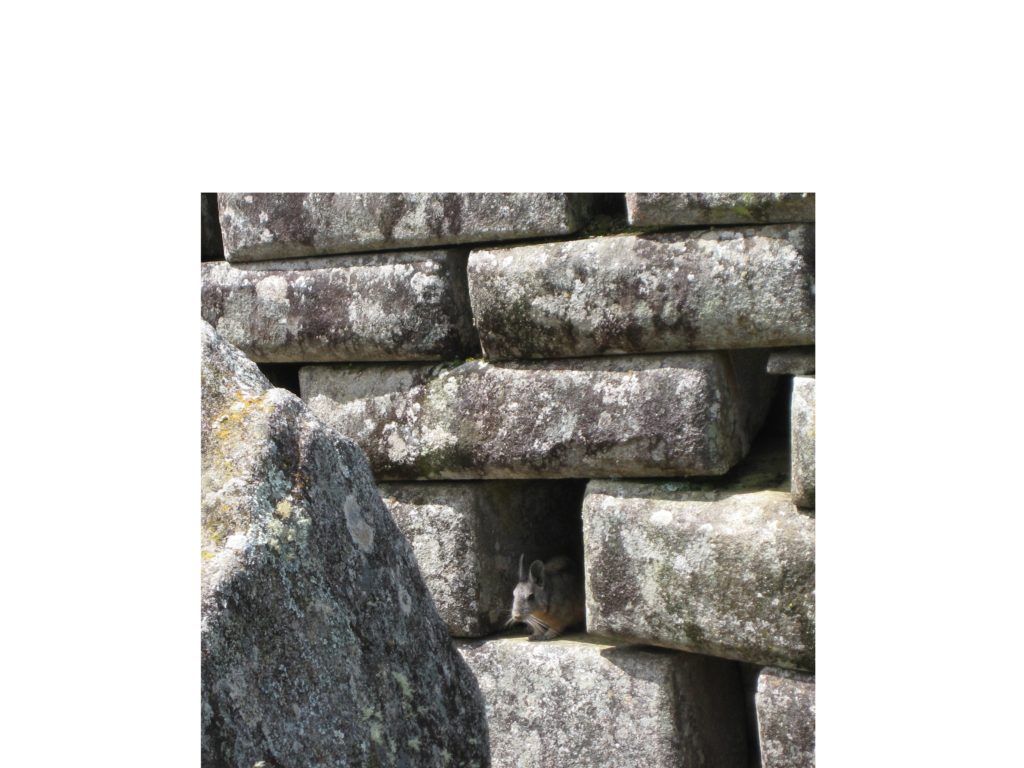(author’s note: I wrote this a long time ago, when I was in high school, in a small town. My English teacher said to write about a personal experience. I’m sure she was surprised but she didn’t rat me out to the principal. She gave me an A+)
Spirit Man
Once or twice a month I feel too despondent, angry or bored to sit still so I get drunk. Sometimes it helps. Last Monday night was one of these times, so I went looking for a bootlegger. A bootlegger can be anyone over twenty-one willing to buy liquor. Indians are the best choice because they don’t charge much and they never remember faces or ask for names.
The pool hall was my first stop. I was standing by the door checking everyone out and had just decided to look somewhere else when a drunk Indian stumbled out of the restroom. He stood swaying back and forth until he got his zipper up and staggered through the card room coming my way. When he passed the pool tables the younger kids poked him with their cues and taunted him by whooping and calling him chief. He ignored them and came over by me. He asked me if I had a cigarette and called me ‘sir.’ I gave him one and lit it. I opened the door and held it until he walked out and then I followed.
“Would you buy me some beer?” I asked.
He stood up straight and said in a dignified way, “That’d be okay.”
It was all very easy. First try. Sometimes you can hunt all night and not find a bootlegger. I was so happy with my good luck I agreed to give him a ride home, and since there was no one else around, I decided to get drunk with him. It was the strangest drunk I’ve ever been on.
He looked around warily for cops, and spying none, asked me if I had a car. I said it was behind the hotel. We started walking.
“I’m a army vet’ran; I like to take things careful,” he said.
He was already half drunk, so I nodded and said, “right.” We got in the car and I asked if the Bi-Rite Package store was okay. He mumbled something which sounded like yes, so I headed that way, taking back streets. If a cop sees you with an Indian in your car, he’ll turn on his light and make you pull over. While innocently checking your driver’s license, he’ll shine his flashlight in the back seat. If he doesn’t see anything, he’ll tail you until you ditch the Indian. I was taking the long way. To make conversation, I asked him where he had served in the army.
“Korea. I was too young for the second war, but two of my brothers got killed.”
I couldn’t imagine the drunk sitting beside me as a soldier, much less a U.S. soldier carrying a gun and wearing a uniform. We talked about Vietnam. He told me he was forty and married. I nodded approval.
By then we were at Bi-Rite. I gave him the money for a case of beer and a fifth of wine. He was gone about fifteen minutes. Cars drove in and out of the parking lot. I waved to minister’s wives and girlfriend’s mothers and prayed he wouldn’t come at the wrong time. Finally he came staggering back and put the case on the seat and crawled in. I headed out of town toward Chopping’s and turned off a dirt road to put three sixpacks in the trunk and the other in the glove box. When he figured out what I was doing he said, “I like you. You don’t take no chances.”
I didn’t say anything. I figured he was either dumb or simple. Most bootleggers don’t say anything. They buy and get out. Drunk old Indians don’t talk to white boys. It isn’t done. I didn’t think about it too much, though. I was too pleased at myself for having found a bootlegger and having gotten some beer so easily.
I opened a can and headed back into town. He asked me if he could take a shot of his wine. I told him to drink up and tell me where to take him. He said he lived twenty miles out on the reservation, but he only wanted to go to his sister’s house, which was about five miles. As we passed the shopping center, he took a big gulp of his wine and looked me in the eye. I didn’t know what was coming.
“I remember when none of this was here,” he said defiantly. “No buildings or nothing.’”
I didn’t know if he was mad or proud of his memory or what. “Me too,” I finally said. This seemed to satisfy him and he sat back in the seat and took another drink. We drove through town on Federal and were passing the radio station before he spoke again.
“I used to ride into town on a horse when I was a kid. It was real small then. Only a few houses.”
I remembered a photograph of Riverton taken from high school hill in 1940. The streets were unpaved and there were only a few big buildings around Main and Broadway. I could picture him as a twelve year old on a horse and I wondered what the reservation looked like in those days.
“I’d ride back home in the afternoon but I didn’t bring no scalps.”
I couldn’t believe it. I looked at him to see if he was joking. He was staring out the windshield blankly. He was ready to pass out. His eyes were glassy, and his fifth was about three quarters gone. I couldn’t think of anything to say. I was wondering if he had said what I thought he had when his lips started moving. It took a while for the words to come out.
“I used to sing a song. I shouldn’t have because I didn’t bring no scalps, but I sang it anyway.”
He began to sing the song. It was a rhythmic chant on about three notes, repeating over and over again, Yi yi yi yi, Yi yi yi y, and so on. I was stunned. I thought modern Indians were like white people more or less, but here was a live Indian crying in his beer because he didn’t bring no scalps and singing a warrior song. He finally stopped singing and resumed staring out the window. We were almost two miles out of town so I asked him if I had reached the turnoff. He mumbled and pointed straight ahead; I drove on.
I wanted to talk to him some more, but he looked as if he were going to sleep. I asked him if he had called his wife and told her he wouldn’t be home.
“Nah, I don’t have no wife. Got a thousand kids, though. My sisters and brothers are all married and they tease me about not having a wife. The sister’s house we’re going to is the one who’s got the son in the army. Just back from Vietnam, but he can only stay a few days. My nephew. They always tease me about not being married, but I tell them that I’m a Spirit Man. Spirit Men don’t have to get married. He’s a dog man, you know? He has a dog that tells him when the enemy is near. He doesn’t have a bow, just a dog. Whoa! Here, here.
I missed the road and had to back up. I turned into a dirt track and drove along for a few hundred yards until I came to a pastel blue split-level house that looked as if it had been transported entire from Logan Park. When I saw the kerosene lamps in the windows I looked around and noticed that there were no electric lines leading to the house. There was an outhouse off to the right. When we drove up, five or six little kids looked out the windows and quickly disappeared. The door opened and a young Indian about eighteen came out and looked in the window. When he recognized his uncle, he opened the door and helped him out. Before he closed the door, he said, “Thanks for bringing him home.” Then they went into the house.
I turned the car around and drove out the gate. I couldn’t make sense of anything. I was sure I hadn’t really heard him say those things. I kept seeing a young boy riding a horse and singing. And then the face of an old man with a broken nose and glazed eyes. I was so mixed up, I threw a half-full can of beer out the window. I was two miles from Fort Washakie when I realized I wasn’t going the right way. I came back to town stone sober.
I still think about that night and try to remember what happened clearly. I wish I hadn’t gotten drunk so I could remember everything. I remember the face—old, lined, with scars and the broken nose. Thinking about it gives me the same feeling I got that night when I discovered I was driving the wrong way at eighty miles an hour.



